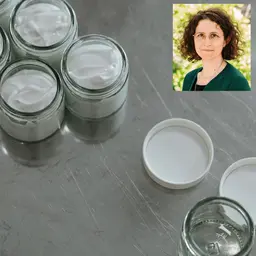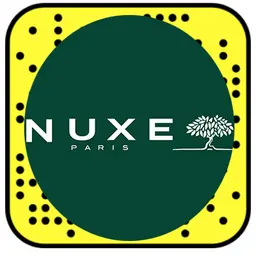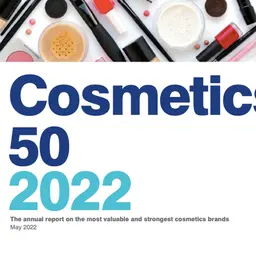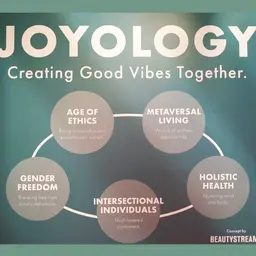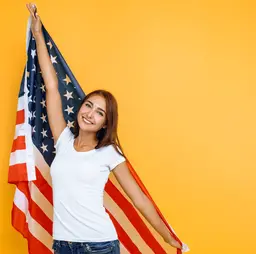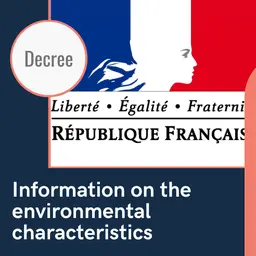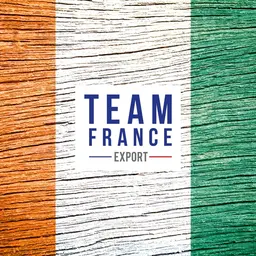
Virtual assistants are everywhere. Google, Alexa, Siri and many others are now integrated into the way we consume digital. If they make life easier for users, they can be a challenge for manufacturers, including beauty professionals. Indeed, the challenge is to become a leading brand in the world of voice assistants. At the Beauty Day, organized by the CEW on July 4 in Paris, Pierre Nabhan, founder of Joosnabhan, gave some keys to understanding this subject.
The world of virtual (and therefore vocal) assistants is still in its infancy, and in definition.
The importance of words
It is important for brands to take a reference position, and this obviously involves vocabulary. “If I say yes we can, you answer me immediately Barack Obama. If I say like, tag, share or poke, Facebook comes directly to your mind. We realize that with simple words we immediately have strong references in mind,” illustrates Pierre Nabhan.
Change of context. This time he refers to the example of a typical consumer who enters a pharmacy to buy Kleenex®. Automatically, it will be offered the choice between different brands of handkerchief such as Kleenex® or Lotus®. An illustration of the fact that, in our imagination, Kleenex® = handkerchief. And this even if the seller’s reflex is to offer several brands….
Let us take the same situation, with the difference that the request is made to a virtual assistant. “Well, this time, the user will be referred to the Kleenex brand, because for the program, there is only one reference to that name. The whole issue is based on this for brands: either you are referenced or you are a referent”, …



